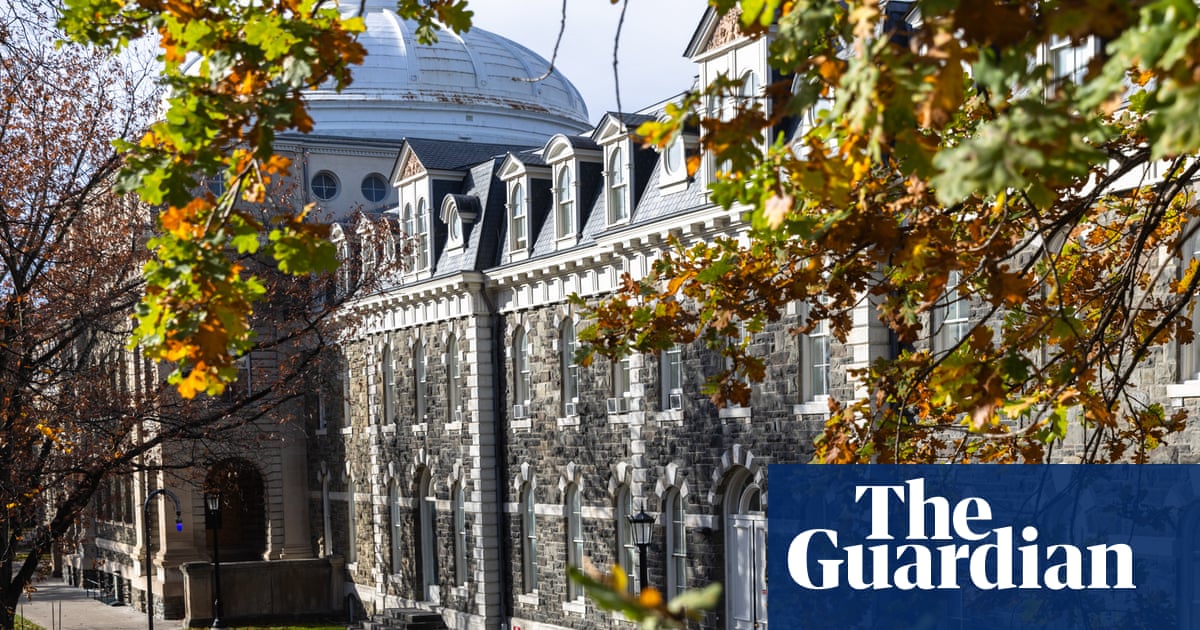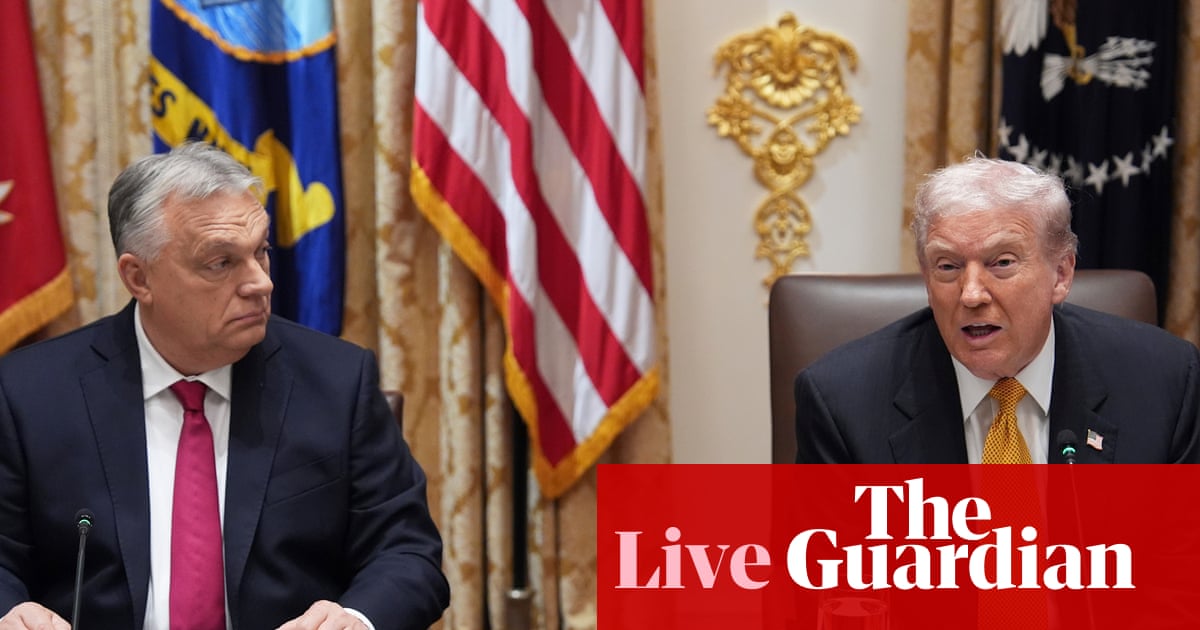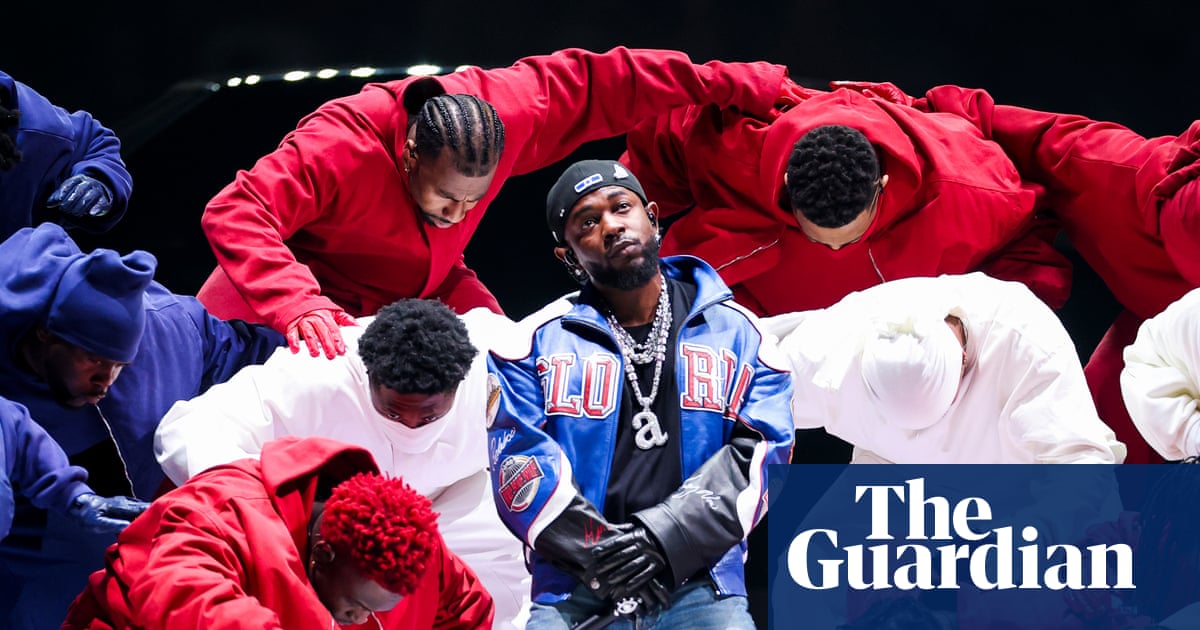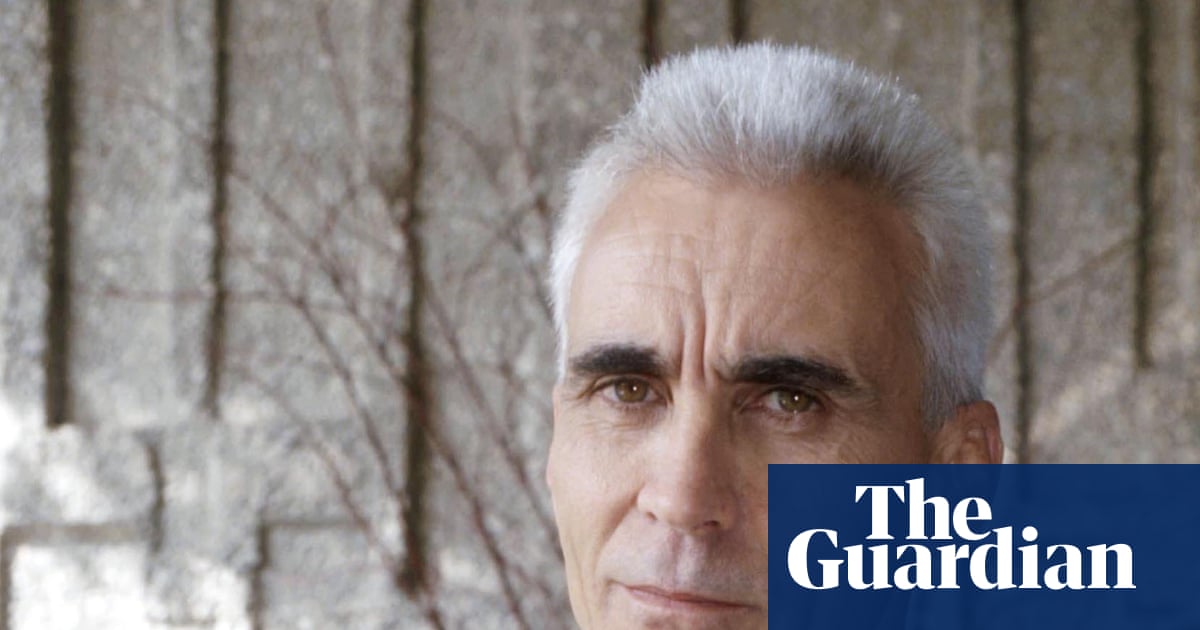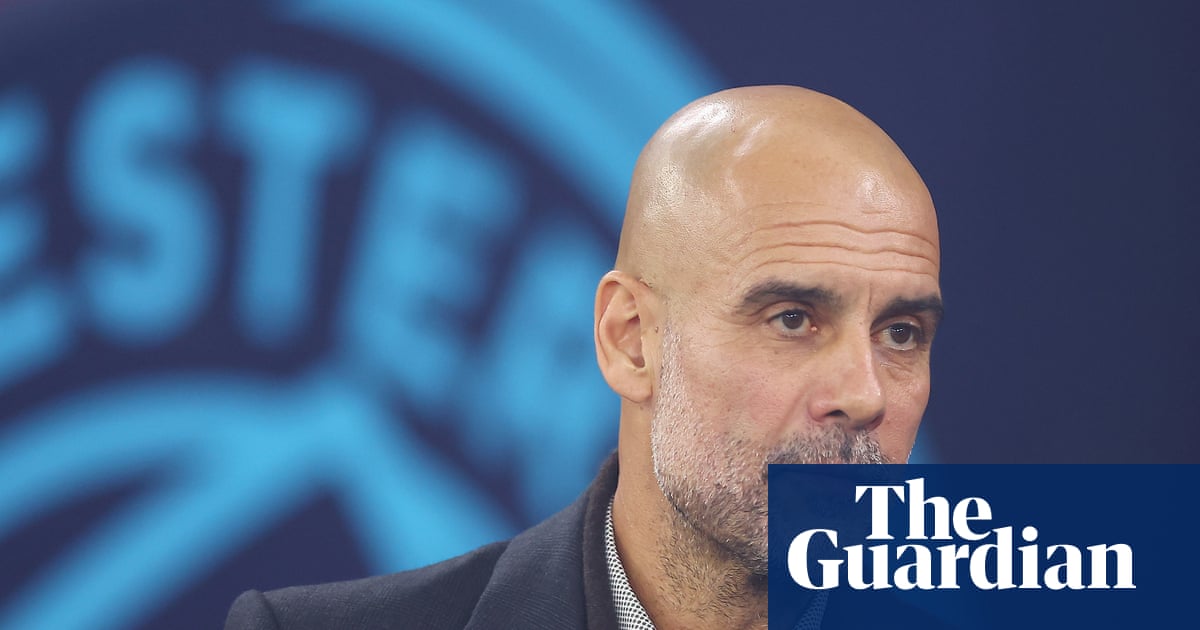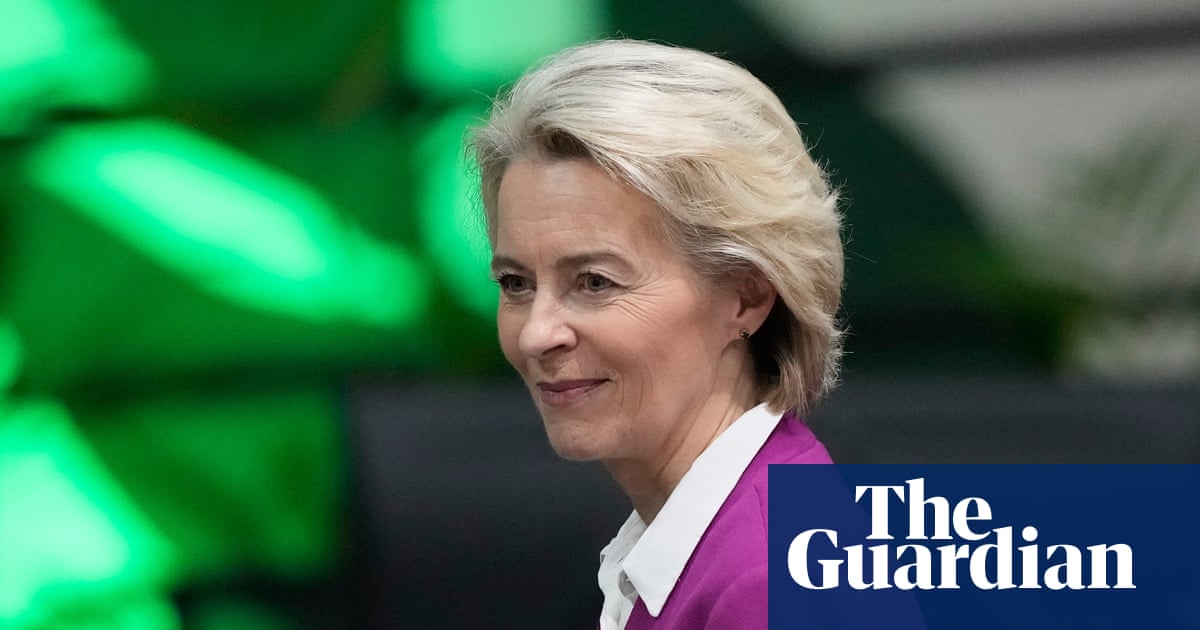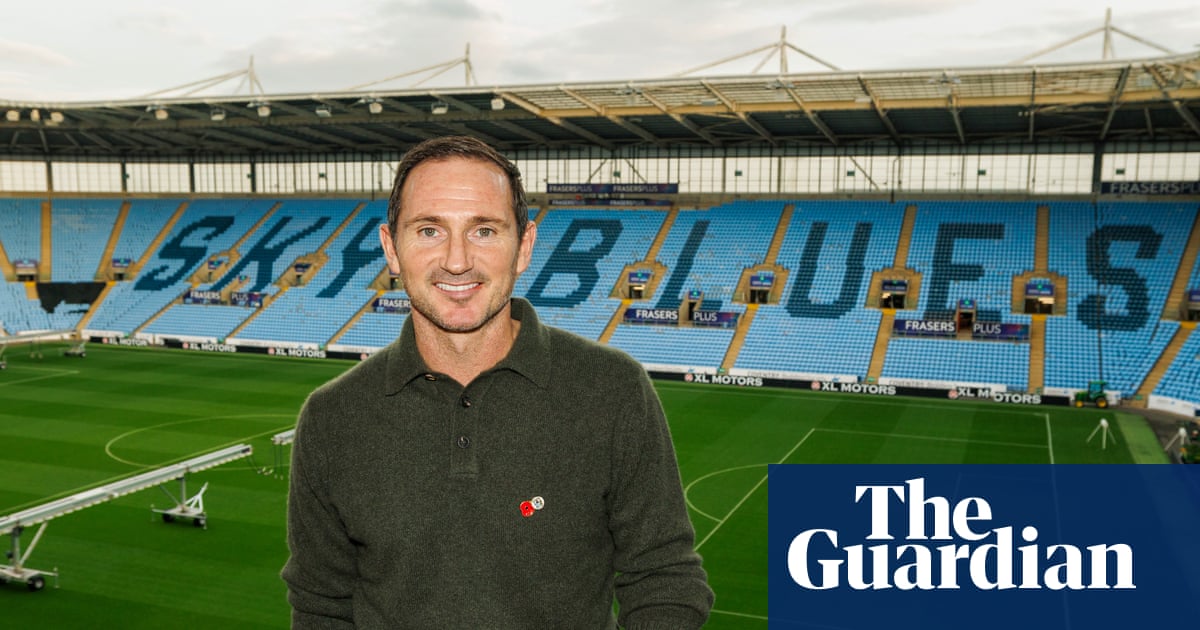ChessFest in Trafalgar Square attracted more than 20,000 visitors last Sunday, slightly below last year’s record 23,000 but still indicating strong public interest. England’s grandmasters gave simuls and met amateurs at blitz, living chess was played with professional actors and there was a blindfold exhibition plus a transatlantic prodigy match.
Additional ChessFests took place in Portishead and Hull, with a further one scheduled for Liverpool on Sunday. ChessFest was again sponsored by XTX Markets.
The occasion was marked by the chancellor, Rachel Reeves, announcing the renewal of government support for chess which was briefly axed as part of departmental cuts earlier in the year. The previous backing of £500,000, launched by Rishi Sunak and the Conservatives in 2023, was for elite chess generally, and supported the English men’s and women’s teams at the 2024 Budapest Olympiad. However, there has been widespread and justified criticism of an additional £250,000 allocated for stone chess tables in public parks, which have been little used and often vandalised.
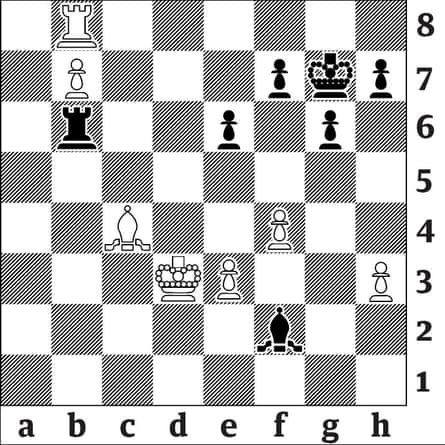
The new support, announced along with a £500m grant for youth service projects, is more precisely targeted to the best talents, and will act as a spur to players like England’s youngest grandmaster, Shreyas Royal, 16, and England’s youngest Olympiad player, Bodhana Sivanandan, 10, both of whom met the chancellor a few weeks ago at 11 Downing Street. Currently the best prospect relative to age is Supratit Banerjee, 11, who played on top board for the Surrey team which retained the inter-counties championship earlier this month and made a creditable draw with England’s No 2, David Howell, in a clock simultaneous match last week. The Scot, Frederick Gordon, 15, has also impressed.
There are several successful precedents for targeting elite talents. In the former Soviet Union, the Mikhail Botvinnik school identified the future world champions Anatoly Karpov and Garry Kasparov very early, and the USSR dominated chess for half a century.
In England, Jim Slater’s grandmaster awards in 1972 and Lloyds Bank sponsorship for nearly 20 years from 1977 created the conditions for England’s rise in a few years from also-rans to Olympiad silver medallists in 1986 and 1988.
In the US, the Sanford Fellowships have helped keep the Americans among the top chess nations for several decades. They are open to all US players aged under 25 and provide $70,000 for grandmaster coaching and tournament play. There are generally two awards a year. The list of previous Samford winners reads like a who’s who of American chess, as the award managers continually single out the best talents.
Meanwhile, the English Championship is taking place this weekend at Kenilworth, Warwickshire, with the first of seven rounds on Friday and the final round on Monday.
There is an entry of 85 players, although the top three seeds are the clear favourites: Gawain Jones, 37, is the defending champion, Michael Adams, 53, is the world senior champion, while Nikita Vitiugov, 38, is a former Russian champion who changed federations to England in response to the invasion of Ukraine.
One week later, the British Championship starts in Liverpool and continues for a week. The field will be stronger, and the prizes larger, but the same grandmaster trio will again be the favourites.
The championship is being played at St George’s Hall, a prime location in central Liverpool, where the congress, including junior and senior championships, has attracted a record entry of nearly 1,400 players and still counting.
English chess, though, is becoming significantly more insular. Long ago in the 1920s and 30s Sir George Thomas and Fred Yates were regulars at major world events, as were Harry Golombek and Bob Wade in the 40s and 50s. During the golden era of the 70s, 80s and 90s, there were countless international successes for England, highlighted by two Olympiad silver medals, plus Nigel Short and Jon Speelman becoming world title finalists and semi-finalists.
Then there was a 20-year retrenchment, and although England dominates over-65 and over-50 senior chess, Vitiugov is the only English entry for the important Fide Grand Swiss in September which acts as a qualifier for the 2026 world title Candidates. Adams, Howell, Jones and Luke McShane were also entitled to play due to their 2615+ Fide ratings, but apparently all of them declined.
The same pattern is evident, on a larger scale, in Chess.com’s prestigious Titled Tuesday (TT), an 11-round free entry weekly international online tournament open to all players with Fide titles, right down to Candidate Master (Fide 2000). Even some players with just national titles are included and it is easy to miss some rounds and start late or finish early if necessary.
after newsletter promotion
The top 20 of TT are world class, often including Magnus Carlsen, Hikaru Nakamura and other international heavyweights. Jones and Howell have appeared there, but in general there is a dearth of any English-titled entrants from CM upwards.
For this week’s TT three days ago, a count of the entrants with UK or English flags revealed just 12 in the early TT out of a total entry of 541, and only three, plus one from Wales, in the late TT out of a total entry of 368.
This means that probably fewer than 5% of the eligible English or UK players took part from their homes in this free-to-enter competition graced by most of the world elite.
It is arguable that the English Chess Federation could and should do much more to promote TT. Even £50 as a prize for the highest-placed English player in the top 100 finishers would be helpful to encourage entries, and should be an eligible use of the new Reeves fund.
The next event where we can expect to see England’s top GMs in action together abroad is likely to be the European Team Championship, scheduled for Batumi, Georgia, from 4-15 October.
Carlsen has been knocked out of the competition on the first day of the ongoing Las Vegas Freestyle Grand Slam, which will be covered in next week’s column.
3981: 1 Ba6! Rxa6 2 Rg8+! Kxg8 3 b8=Q+ Kg7 4 Qb2+ and 5 Qxf2 wins.

 3 months ago
131
3 months ago
131





